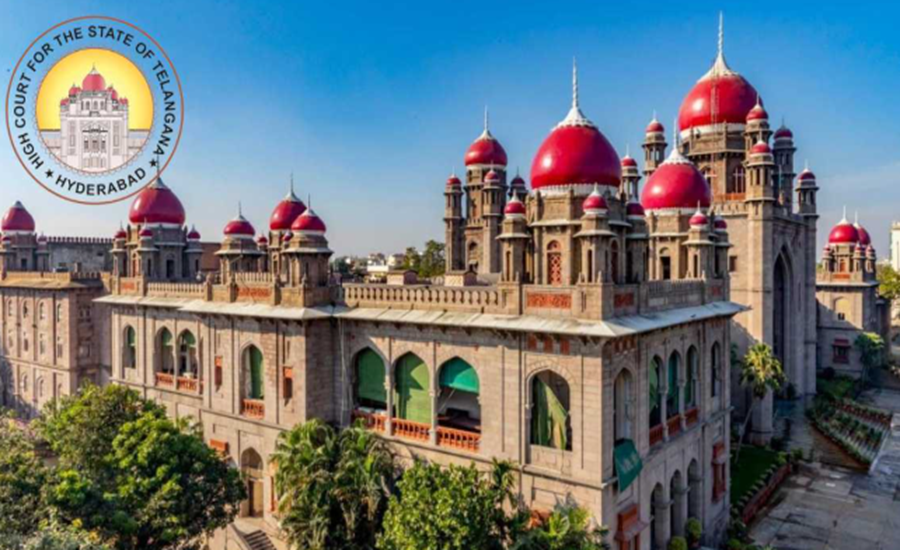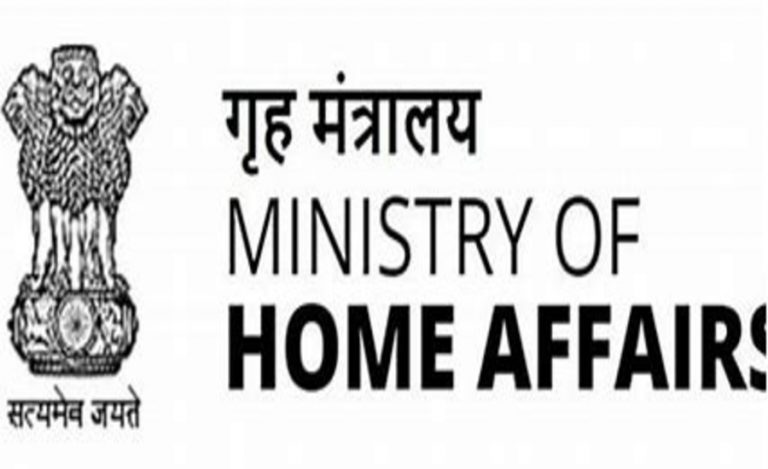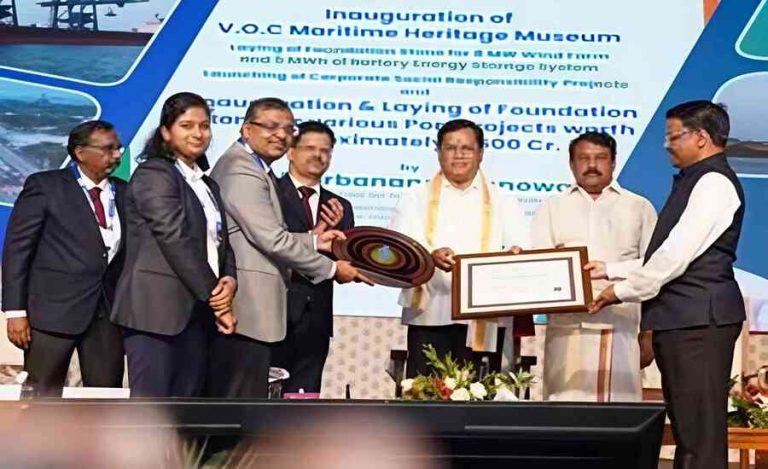Telangana High Court has delivered several landmark rulings that reaffirm constitutional safeguards, due process, and accountability in both executive and administrative actions. These judgments highlight justice, legal propriety and protection of citizens’ rights under the Bharatiya Nagarik Suraksha Sanhita (BNSS), 2023 and related laws.
Also Read: ADG Navneet Sikera Launches Smart PT Program‑2025 to Modernize UP Police Training and Boost Fitness
Proper Examination Required Before Executive Magistrates Impose Personal Appearance Orders
Justice K. Lakshman of the Telangana High Court stressed that when an IPS officer is acting as an Executive Magistrate, he or she must review all relevant materials before ordering personal appearance of parties. In a writ petition by Mr. Lekkala Purushotam Naidu of Vision Resorts and others, bind‑over orders issued against promoters/directors of M/s Nockel India Private Limited were set aside. The court found that the orders were mechanically issued, based solely on an unverified police report, without regard for ongoing civil and arbitration disputes. The matter has been remanded for fresh consideration by the Special Executive Magistrate cum Deputy Commissioner of Police, Rajendranagar Zone.
Ex Parte Inquiry Upheld When Accused Consistently Refuses Participation
In another case, Justice Nagesh Bheemapaka held that a disciplinary procedure ex parte (in absence of the accused) does not inherently violate natural justice where the concerned employee deliberately avoids participation despite multiple chances. The judgement came on a writ plea by Mr. Vijay Kumar Chicklinge, a suspended manager, accused of irregularities in Travel Allowance claims. The court noted repeated adjournments and failure to comply with procedural requirements by the petitioner.
Delay in Disciplinary Proceedings Quashed; Pension and Retiral Benefits Restored
Justice Surepalli Nanda considered a petition by Mr. K. Shedrak, a retired government employee, seeking relief for inordinate delay in concluding disciplinary proceedings initiated in 2018. Because the inquiry report submitted in 2020 had not resulted in any decision even years after retirement, the court held that delay was unjustified and violated fundamental rights. The State Government has been directed to release all pending retiral benefits including pension, gratuity and commutation value.
Prosecuting Separate Rallies Denied to Preserve Peace; Single Rally Option Endorsed
Justice N.V. Shravan Kumar dismissed a writ petition by the Zilye Markazi Milad Committee seeking permission for a separate Milad‑un‑Nabi rally in Nizamabad. Considering concerns about overlapping routes, mixed population areas, and law and order, the Court suggested petitioners join an already permitted rally rather than allow rival events. The decision upholds the balance between freedom of religion/assembly and public order.
Significance for Governance, Justice Delivery and Legal Accountability
Through these judgments, Telangana High Court has reinforced:
- the requirement of independent judicial mind in executive actions
- principles of natural justice even when delays or absence occur
- that rights to fair and speedy process are not theoretical but enforceable obligations
- the balance between citizens’ rights and maintenance of public order
These rulings are healthy for institutional trust, helping individuals believe that justice will not be compromised by haste, omission, or bureaucratic inertia.
Also Read: Madras High Court Dismisses Plea Against Ad Hoc Appointment of Tamil Nadu DGP R. Venkataraman




























